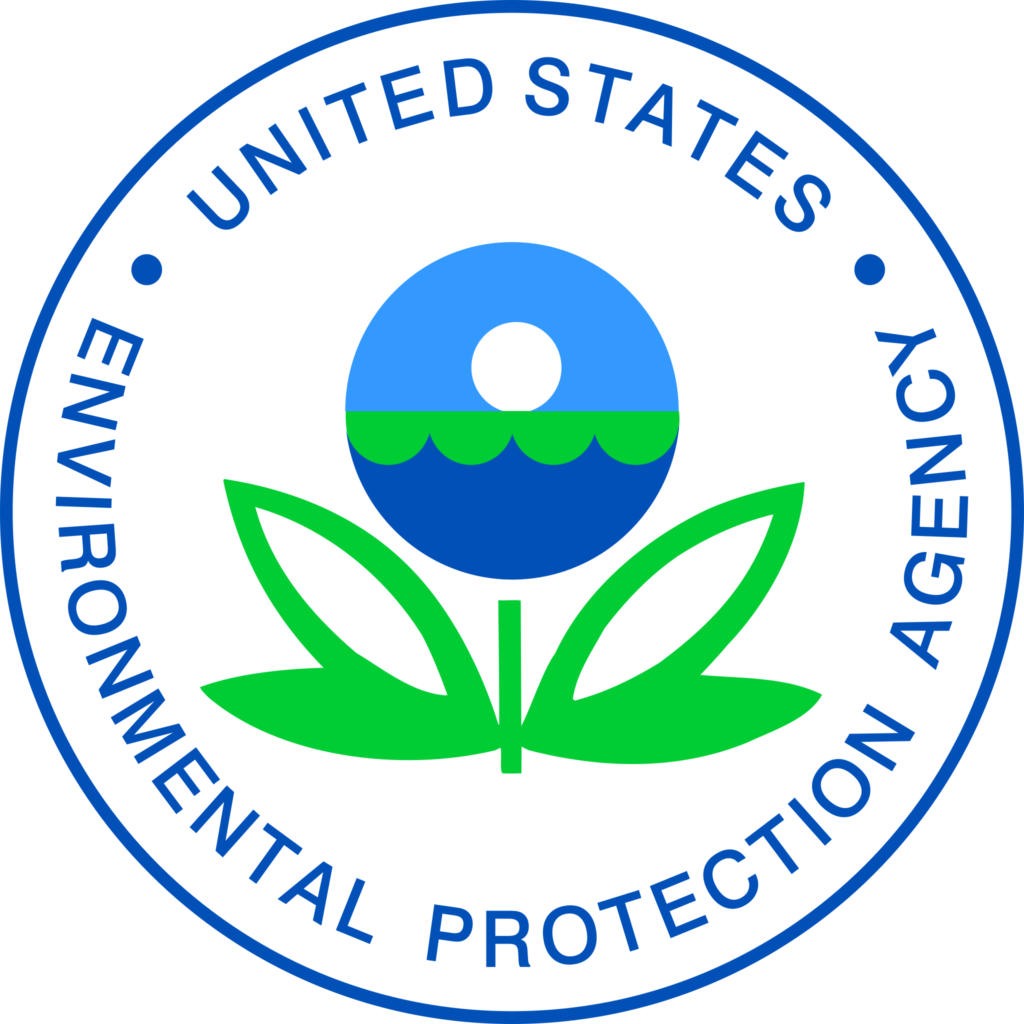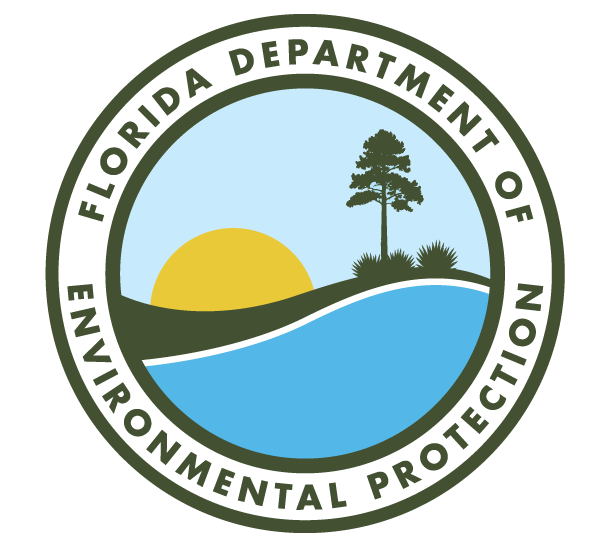Regulatory Compliance
Regulations on potable water, reclaimed water, and wastewater treatment facilities are becoming more and more stringent, especially in the State of Florida. MBC is active in regulatory development, and stays informed on the continually changing regulatory environment. MBC’s compliance consulting services include treatment process and infrastructure (e.g., corrosion control) compliance studies, project permitting, NPDES permitting, SPCC plans, and compliance assistance.
Domestic and Industrial Wastewater Permitting and Compliance
Facilities with the potential to impact navigable waters of the US are required to comply with the Federal Spill Prevention Control and Countermeasures (SPCC) Plan Regulatory Requirements. The purpose of the regulatory required SPCC Plan is to minimize hazards to health, welfare, and the environment from the release of oil to navigable waters in the US or adjacent shorelines. MBC provides permitting and compliance services in this area of domestic and industrial wastewater. This includes reviewing SPCC and Stormwater Pollution Prevention Plans (SWPP), updating current plans or writing new plans, and performing site visits.

Stormwater Inspection, Permitting, and Compliance
Florida stormwater regulations require Best Management Practices (BMPs) to be implemented before and after construction to manage erosion, sedimentation buildup, and runoff. MBC provides implementation and compliance services on stormwater permitting and regulations, including National Pollutant Discharge Elimination System (NPDES) permitting.
MBC performs outfall and stormwater facility inspections to identify maintenance deficiencies. These inspections include visual observations, measurements, photographs, and documentation of any issues or problems that need to be addressed. The inspections include finding their exact locations using GPS devices and maps and identifying sizes, and types of material, such as the diameter, length, shape, and type of pipes, culverts, or structures, updating the facilities inventory in the GIS database and preparing reports based on the inspection results, including the location, size, type, condition, and recommendations for each outfall and stormwater facility inspected.


